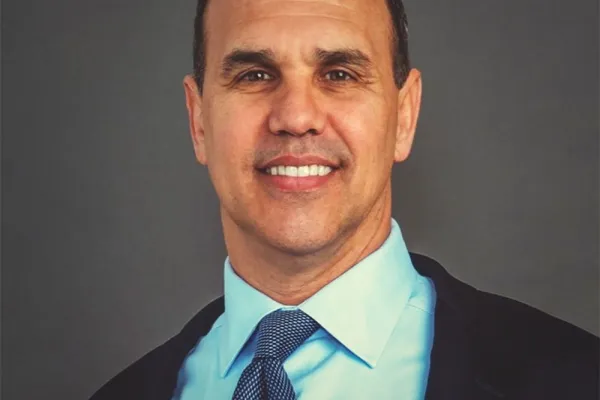St. Louis-based health care system Mercy is dissolving its in-house investment team to hand over the vast majority of its portfolio — more than $2 billion — to a little-known wealth manager with deep ties to Mercy’s board chair, according to three informed sources.
The deal radically departs from many industry norms and best practices, experts say. “It raises a lot of questions,” outsourcing specialist Anna Dunn Tabke of Alpha Capital Management said in a Friday interview.
Those questions remain unanswered for many stakeholders. Mercy officials did not respond to messages. Institutional Investor briefly reached the wealth manager’s co-head Geraldine McManus by phone, but she immediately hung up and would not answer subsequent inquiries.
Mercy dismissed its longtime chief investment officer late last year, saying only that his services were no longer needed. That was the first in a series of swift and striking moves to dismantle its institutional-standard investment operation.
[II Deep Dive: System ‘Will No Longer Retain’ Investment Chief Anthony Waskiewicz]
The Catholic charity's investment office runs about $3 billion, including operating capital ($2 billion-plus), a frozen pension plan ($500 million or so), and its foundation (roughly $75 million), per a source close to the organization.
Mercy is giving control of that largest pool to Granger Management — a small and secretive New York-based multi-family office set up in 2013 and led by Goldman Sachs wealth management vets — sources and regulatory filings attest.
Members of Mercy’s now four-person investment team are not expected to still be employees by year-end. The nonprofit has, however, made overtures to encourage Granger to take them on.
Granger is majority-owned by a Delaware holding company, and managing members McManus and founder Andrew Walter each control substantial equity positions. The SEC mandates disclosure of indirect owners with stakes of at least 25 percent. But billionaire board chair David Pratt owns just less than the disclosure threshold, two people close to Mercy stated. He has also invested some of his personal fortune there.
Pratt is also a minority owner of the St. Louis Cardinals sporting team and a major Mercy donor. The charity’s oncology department is named the David C. Pratt Cancer Center at Mercy Hospital St. Louis.
The contract for Mercy’s $2 billion-plus will quadruple Granger’s total assets under management, based on figures in the firm’s most recent SEC filing.
Institutions usually run portfolios of that size themselves, just as Mercy has done until now, because it is more cost effective than outsourcing, Dunn Tabke said. But when those rare $2 billion mandates do go to market, the institutions generally go with the consulting giants or dedicated OCIO firms running at least $20 billion already. Institutions “don’t really like to be the biggest client of a firm. A small OCIO might have $10 billion, so a $2 billion client doesn’t want to be 20 percent.”
Granger managed $760 million at the end of last year, most or all of which came from rich individuals, filings show. Mercy appears to be the only institution to invest with the firm.
It’s unclear whether Pratt was one of the three board members who oversaw the outsourcing decision and selection of Granger. But even if he bowed out of the vote itself, industry experts suggest that the deal raises red flags about conflicts of interest.
“An organization should have a policy that this is not the way to do things — it’s better to avoid the conflict than attempt to mitigate it,” said Dunn Tabke, who consults on institutions outsourced-CIO hiring journeys. Awarding a massive contract to a firm with ties to a board chair “raises a lot of questions, including whether or not the fiduciary duty has been discharged. These are tough questions for an organization to try and defend against.”
Even if a potentially conflicted official recused himself or herself, “it becomes a question of influence,” Tabke went on. “The board chair has a great deal of influence over the steps of the process.”
Mercy excluded its decorated investment committee — individuals who volunteered to oversee the assets — from the process. An executive informed members over email in late May that it had hired Granger to replace the staff investors as a result of a long and competitive RFP process. The investment committee no longer had a role, members learned.
It’s highly unusual to run an OCIO search without an investment committee’s input.
“I have always had the investment committee involved,” said Dunn Tabke. “We have not had any cases where the IC has not been informed in advance of an outsourcing. They’re on the hook for the decision that’s made. That’s the purpose of having an investment committee: to oversee the management of the assets. It’s all very unusual.”






